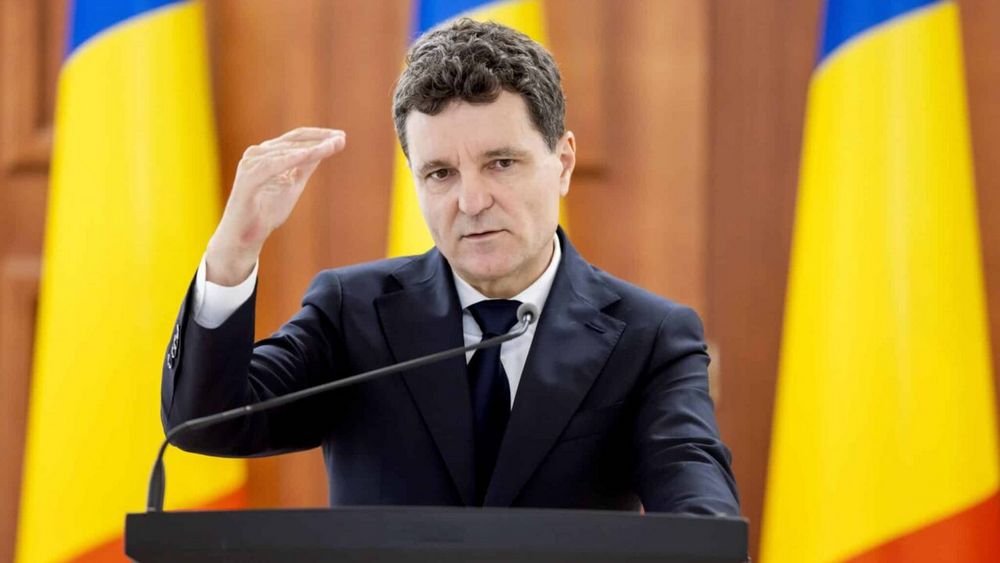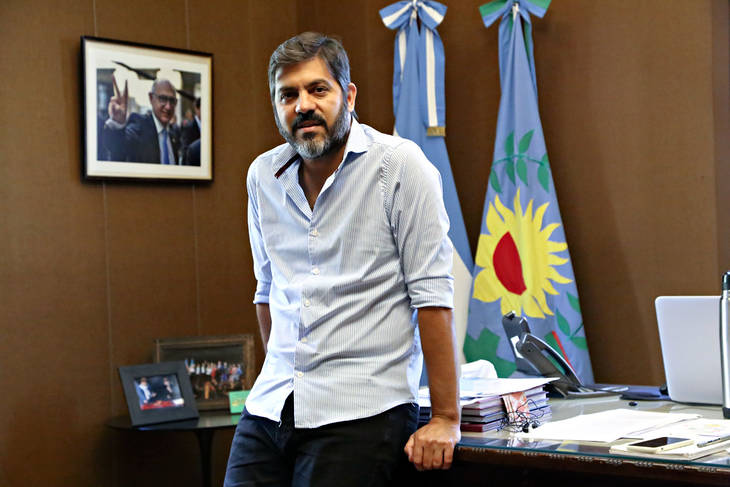When six European regulators sit down in Madrid and sign a joint declaration against illegal online gambling, it is tempting to file it under “another communiqué”. That would be a mistake. What Austria, France, Great Britain, Italy, Portugal and Spain have formalised is less about rhetoric and more about recognising a structural shift: the era in which each country could fight online illegality alone is over.
The joint statement approved in Madrid is unusually blunt for regulators. Illegal online gambling is described as a “priority task” for regulated jurisdictions, precisely because the borderless nature of the internet and the speed of technological innovation allow unlicensed operators to systematically evade supervision. The authors do not hide the consequences: risks to consumer protection and public health, threats to public order and damage to licensed operators who comply with national rules and tax regimes. In their own words, illegal gambling “undermines the entire regulatory framework designed to protect the public interest”.

This is not an abstract problem. Over the past decade, Europe has seen a sharp migration of gambling activity from the retail channel to online, a trend intensified by the pandemic and only partially reversed afterwards. Regulators from Italy, Germany, the UK and Spain have publicly acknowledged that while their regulated online segments are relatively stable, the illegal online offer has grown in parallel, fuelled by aggressive marketing, crypto payments, offshore licences and gaps in enforcement tools.
Against that backdrop, the Madrid meeting – hosted by Spain’s DGOJ as part of the European Gambling Regulators Meeting – focused its technical sessions on three very concrete battlefields: affiliates and digital advertising, payment blocking and the use of AI and data analytics. Spain opened with a presentation on how affiliates drive traffic to illegal sites; Germany and Italy shared strategies to block payments to unlicensed operators; and France showcased AI uses in user management and the detection of conflicts of interest in sports betting.
The joint statement crystallises these discussions into three lines of action. First, systematic information-sharing on illegal operators between authorities. Second, a coordinated pressure campaign on digital platforms, social networks and video services to stop distributing advertising from unlicensed brands. Third, a commitment to deepen the exchange of knowledge and best practices in the investigation and sanctioning of illegal activity.
On paper, none of these pillars is revolutionary. In practice, they matter because they address precisely the points where national enforcement has been weakest.
why now?
There are at least three reasons why this Madrid declaration is not just another photo opportunity.
First, the business model of illegal operators has professionalised. These are no longer small, local websites targeting a single country. The typical unlicensed brand now operates across multiple European markets, uses sophisticated affiliate networks and buys programmatic advertising on mainstream platforms. When one regulator takes action, traffic and marketing simply shift to a neighbouring jurisdiction.
Second, the digital marketing ecosystem has outgrown national silos. Regulators can ban TV ads or impose strict rules on licensed operators, but TikTok, YouTube, Instagram and Telegram channels remain powerful vectors for illegal offerings. The Madrid declaration is explicit in naming social networks, video platforms and affiliate networks as core parts of the problem, and in calling on them to strengthen control mechanisms.
Third, illegal gambling has become a governance issue. It is no coincidence that Austria used the Madrid forum to present the new EU anti-money laundering package and the FATF evaluation framework. Unlicensed operators not only avoid gambling taxes; they also sit outside the AML/CTF architecture that Europe has spent years building. For regulators, this is now as much about financial crime and digital safety as it is about channelisation.

what this joint front can and cannot do
The Madrid agreement is important, but it is not a magic bullet.
Information-sharing between regulators will improve the mapping of illegal brands and affiliates that operate across borders. Coordinated pressure on platforms will make it harder – though not impossible – for unlicensed operators to buy visibility on mainstream channels. And the exchange of best practices will speed up the spread of tools such as payment blocking, DNS interventions or risk-based monitoring using AI.
However, three structural limitations remain.
1. Fragmented sanctioning powers. Each regulator acts under its own national law. Even with shared intelligence, sanctions, blacklists and enforcement pathways differ significantly between, say, Italy and the UK. Without some degree of convergence on the legal consequences of targeting multiple EU markets illegally, the most sophisticated operators will always choose to focus on the weakest link.
2. The role of platforms is still largely voluntary. The joint statement “calls on” digital platforms and social networks to act. It does not, because it cannot, impose direct obligations on them. That power sits with legislators and with broader digital regulation (for example, the EU’s Digital Services Act). Unless those horizontal regimes explicitly recognise illegal gambling advertising as a risk area requiring proactive mitigation, regulators will remain dependent on the goodwill – and commercial priorities – of Big Tech.
3. National policy choices still shape the size of the illegal channel. As Italian regulators have repeatedly argued, keeping players in the legal market requires attractive, transparent and safe regulated products, not just enforcement against illegal alternatives. If tax rates, product restrictions or advertising rules make the licensed offer uncompetitive or invisible, players will have strong incentives to migrate to offshore sites, regardless of how many joint statements are signed in Madrid.
why the madrid meeting still matters
Despite these constraints, this encounter marks an inflection point in the European conversation.
First, it normalises cross-border cooperation as the default mode for dealing with illegal online gambling. For years, regulators have held bilateral talks and ad hoc meetings; now they are formalising a shared diagnosis and common workstreams. That has implications for future EU discussions on AML, digital regulation and consumer protection, where gambling often appears only tangentially.
Second, it sends a signal to licensed operators: the regulators understand that illegal competition is not a rhetorical argument from the industry, but a real distortion of the market. By framing illegal gambling as a direct threat to consumer protection, tax revenues and the viability of licensed businesses, the Madrid declaration aligns the interests of regulators and compliant operators more clearly than in previous years.
Third, it implicitly raises the bar for national regulators themselves. Once you sign a text that acknowledges the scale and cross-border nature of illegal gambling, it becomes harder to justify inaction or purely symbolic measures. The success or failure of this “front” will be measured not by the strength of the language, but by concrete outcomes: fewer illegal ads visible to European consumers, more effective blocking of payments to unlicensed sites, and a clearer distinction between regulated and unregulated environments in practice.
In that sense, the Madrid meeting is less the end of a process than a starting point. The declaration gives Europe’s regulators a common vocabulary and a shared political cover to push harder – both on platforms and, when needed, on their own legislatures – for the tools they say they need. For an industry that has often been told that illegal gambling is “too diffuse” to tackle, that shift alone is significant.
The coming months will show whether this coordinated stance translates into tangible enforcement or remains another well-worded communiqué. But for now, one thing is clear: Europe’s regulators are no longer pretending that illegal online gambling can be contained within national borders, and they are willing to say so together, in public, from Madrid.
































